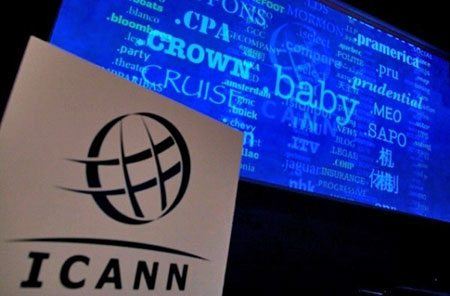|
The US National Telecommunications and Information Administration (NTIA), a branch of the Department of Commerce (DOC), is ending its relationship with the Internet Corporation for Assigned Names and Numbers (ICANN) in 2015 because of the global governance model (GGM) being adopted by the regulatory agency.
NTIA is currently contracted to operate key domain-name functions with ICANN. This split will leave ICANN to develop their GGM without the formal assistance of the US.
Lawrence Strickling, administrator for NTIA explained that the GGM must,
Strickling is emphatic that the GMM should retain the openness of the internet and stated that the NTIA,
The NTIA is relinquishing their position to the "global internet community"; yet is concerned that the UN, Russia or China may step in to take over their former position with ICANN.
Fadi Chehade, president of ICANN said:
Senator and Commerce Committee chair Jay Rockefeller praised the move by the US as the,
In 2012, the International Telecommunications Union (ITU) made clear their intentions to assert control over the internet.
At the time, Congress agreed to resist the attempt of the United Nations to usurp the web "with everything [they] have".
The ITU proclaims that because the internet is a "global entity" that the UN should have jurisdiction over it, manage its abilities according to global UN standards and engage restrictions that could be installed at the fundamental level of the internet to prevent any infractions of international mandates.
The UN wants to include the DNS along with the ICANN, which is now free from their ties to the US government.
Hamadoun Toure, the ITU secretary-general, stated that:
ICANN operates now as a multi-stakeholder that involves groups like the Internet Engineering task Force and the World Wide Web Consortium.
Despite critics and alleged conflicts of interest, the expansion of top-level domains, this action is a sort of "land grab" for domain names.
|

